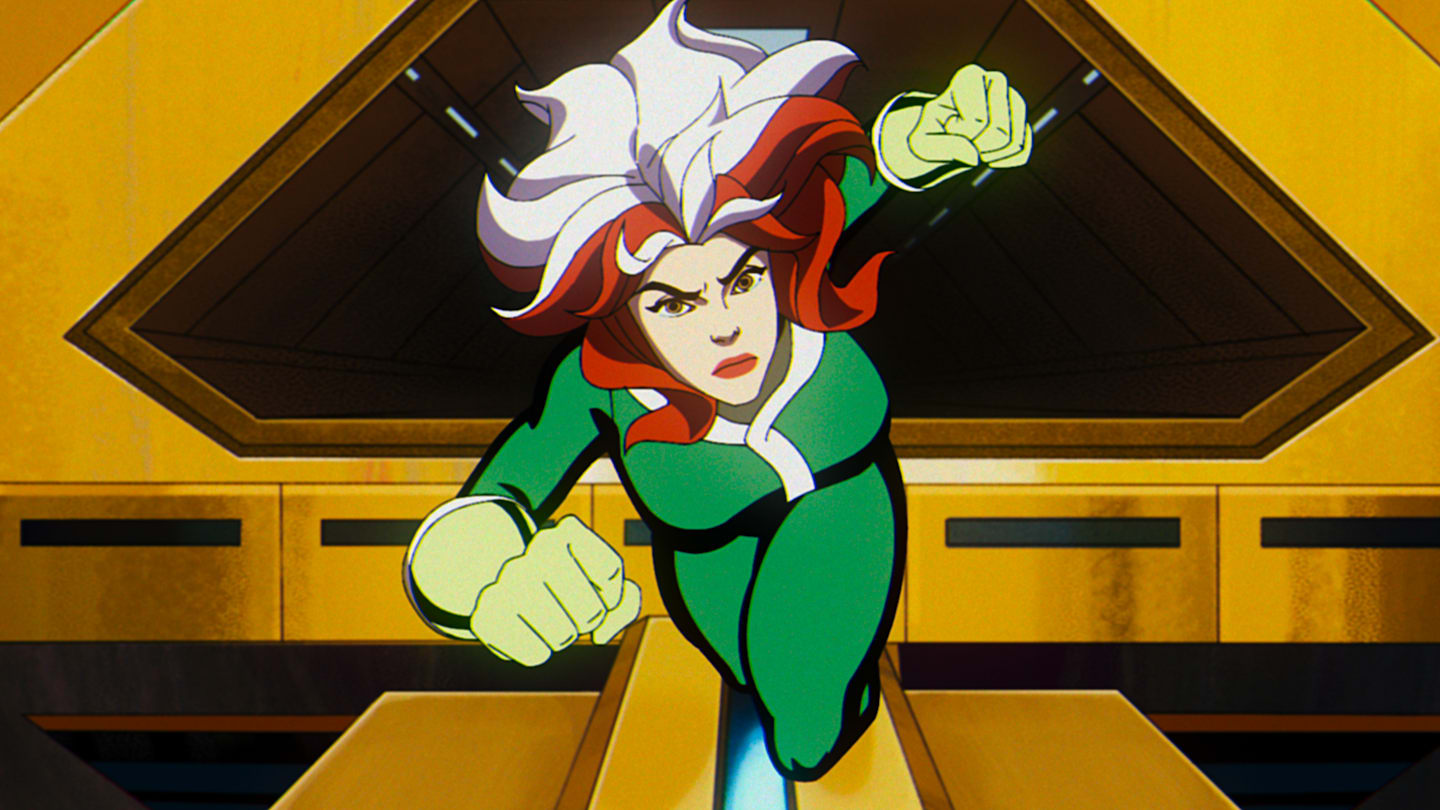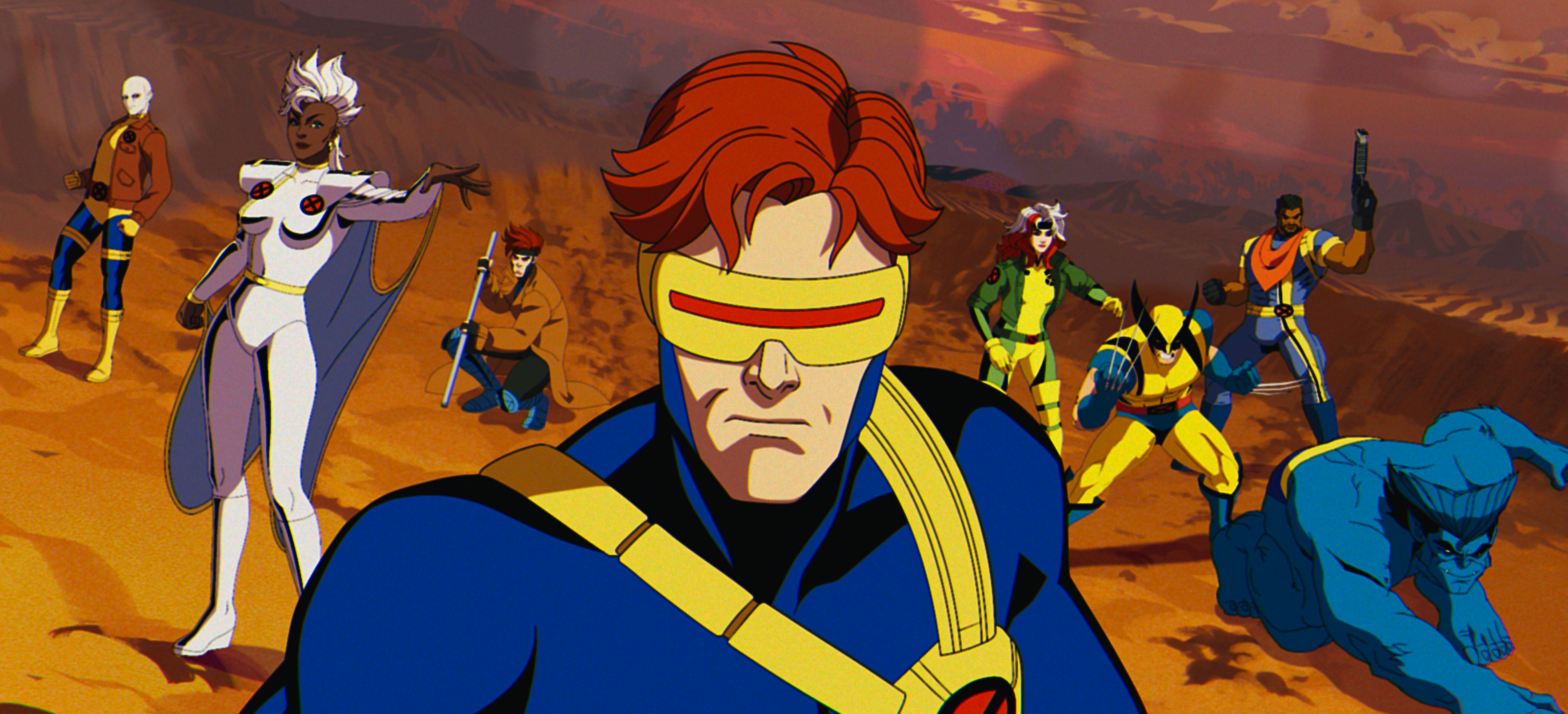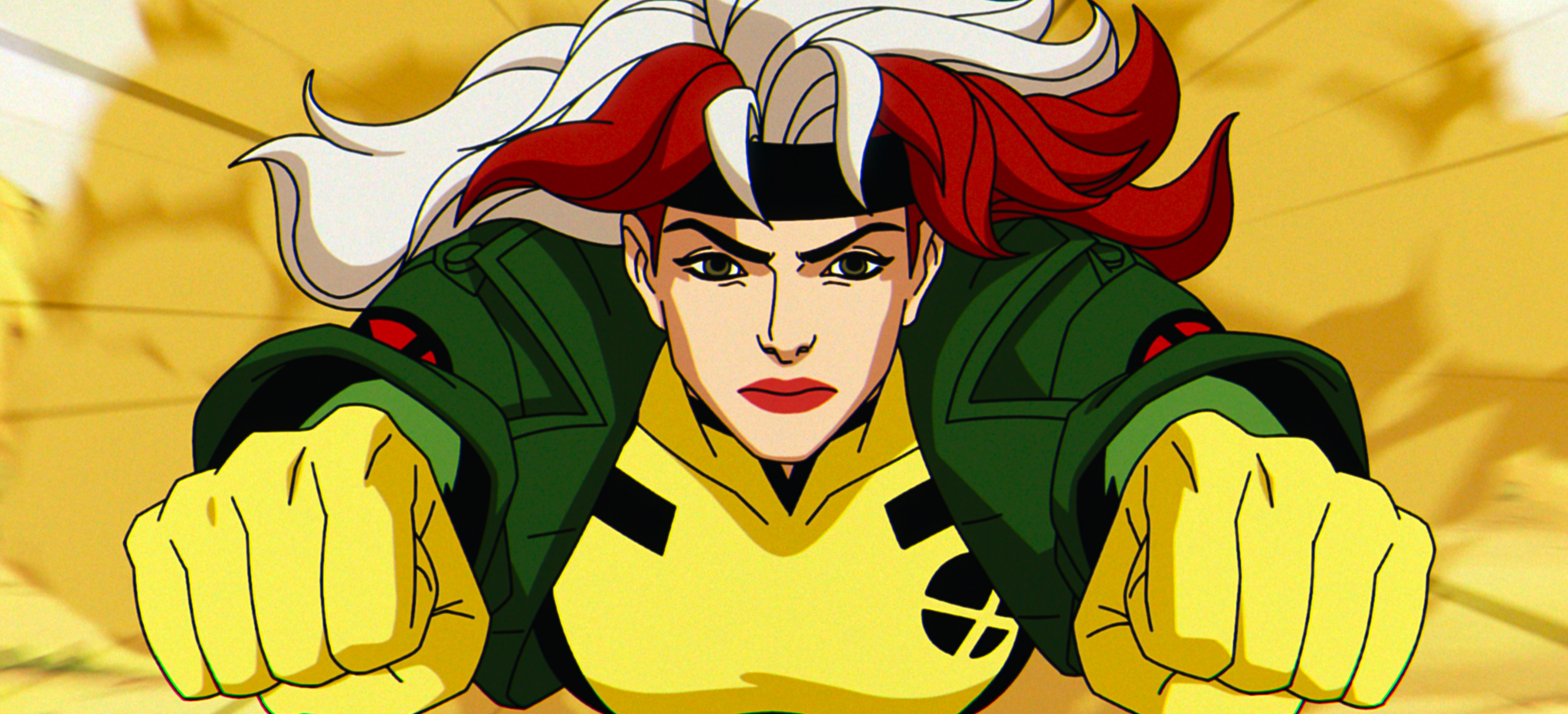
As someone who has grown up with the X-Men comics and movies, I must say that the current state of mutantkind is as intriguing as it is heart-wrenching. The dream of Charles Xavier, once symbolized by the “X” that united us all, now seems to be a divided battlefield, mirroring our real-world political landscape more than ever before.
In the Marvel Universe, the “X” symbolized aspiration and solidarity for the mutants. A pair of lines intersecting each other. This emblem was a reflection of Professor Charles Xavier’s dream for peaceful coexistence between mutants and humans. The X-Men embodied this vision, including the letter in their name, as if to promise, “We will safeguard the futures of both humans and mutants, no exceptions.
The dream was an optimistic one, springing from both noble and questionable concepts that mirrored aspects of our reality, like the struggle for equal rights. This became especially clear when comparing characters like Xavier and Magneto to real-life champions of civil rights, such as Martin Luther King Jr. and Malcolm X.
But this is a different time. This is a different era.
A divided future for the X-Men
After the conclusion of the Krakoa era in X-Men comics, a narrative titled “Raid on Graymalkin” unfolds within the “From the Ashes” crossover event. In this storyline, the X-Men team is divided due to conflicting views regarding Charles Xavier’s vision. However, there’s a catch: the purity of this dream has been compromised by its creator himself and his betrayal of his mutant comrades. This treachery became evident when he allied with anti-mutant group Orchis, effectively spitting on everything and everyone he once inspired within his mutant followers.
Following his actions, Rogue and Cyclops find themselves tasked with rebuilding their respective teams in the 2024 comics titled Uncanny X-Men (written by Gail Simone) and X-Men (penned by Jed Mackay). However, they encounter a challenge: they each have distinct methods for putting the pieces back together. Regardless, their shared objective remains: to save Professor Charles Xavier from Dr. Corrina Ellis’s grip in Graymalkin Prison.
As Cyclops, Xavier’s teachings have become an integral part of my being, deeply ingrained in my soul. I am Scott Summers, a boy scout, a seasoned soldier, and a natural-born leader. I play the long game, employing a strategic mind with the fortitude to carry out my ruby-quartz-tinted vision. Fans of the Disney+ animated series X-Men ’97 may observe that this responsibility feels like a divine mandate for me, but my deity seems to have abandoned me. My team mirrors my military upbringing, functioning more as a task force than the united team it was intended to be.

Despite following a different path, Rogue dances to her unique rhythm. Driven by her intense emotions, she shares a similar mindset with many of her fellow X-Men. She gathers rebels who, initially uncertain, aspire to embody the hope that mutants once held for Professor Xavier’s vision, rather than the vision itself. Her compassionate spirit fosters a sense of kinship among her mutant comrades. Rogue navigates her team with swift action while maintaining their ethical standards.
Although Cyclops hails from the frosty expanses of Alaska and Rogue commands her group in the warm, culturally rich region of Louisiana, they share an equal gap in their perspectives on life.
In a simpler and more conversational manner: Each person approaches the shared dream differently – Cyclops focuses on the essence of the dream itself, while Rogue is drawn to what the dream symbolizes. Just like individuals pass on big ideas to create societies, people can interpret these concepts based on their personal beliefs, which then influence others within the community. As communities grow and become more distinct, there’s an increased chance for conflict, instability, and disagreements.
As the election approaches, the divide between Rogue and Cyclops appears strikingly similar to the political strife found in our society today. In America, our nation’s values have roots tracing back to the principles established by our Founding Fathers— imperfect men who held their own imperfections and flawed ideals, some of which were driven by noble intentions.

In Joseph J Ellis’s interview with Lucas Wittman for Time, it was noted that while America’s early leaders often held elitist views, disregarding other cultures and races, many modern Americans continue to admire them for their leadership during the country’s founding years and independence.
Conflict between red and blue, Republicans and Democrats, conservatives and liberals, creates divisions based on beliefs, much like oil and water not mixing. Instead of a unified purple, the middle ground is often isolated. Each side seeks its own champions and adversaries, only growing more entrenched until they seem as firmly established as trees with deep roots.
Leaving politics behind for a moment, I’ve noticed that the gap between the views held by people on opposite sides has grown wider. This divide can now often be measured by how someone perceives issues related to the environment, morality, and societal norms, making it easier to guess which side they support.
Instead of intersecting, the “X” symbolizes a collision between the two lines. Neither line will yield until one overpowers the other by pushing beyond its boundary. The only factor determining their outcome is the extent to which one side is willing to push past the other. This standoff occurs due to the loyalty shift of a single individual.
As a gamer, if they hadn’t known Xavier, then many of us were unaware that Benjamin Franklin, who once strongly advocated for slavery in the United States, later transformed into an ardent abolitionist towards the end of his life. He even penned and signed the Petition from the Pennsylvania Society for the Abolition of Slavery.
Similar to how Xavier’s philosophy of unity once contrasted with Magneto’s earlier mindset of achieving missions no matter the cost, the aims of Cyclops and Rogue differ in a more contemporary perspective – the difference between what is and what ought to be.
Marvel plans to establish these established characters as “pillars,” by portraying them with intentional flaws and decision-making processes that reflect those of a fallible individual, rather than charting a fresh course together for mutantkind as a collective. This adds an intriguing twist to the storyline.
Under the penmanship of Jed Mackay for X-Men and Gail Simone with Uncanny X-Men, it’s intriguing to observe how these authors skillfully weave a complex yet captivating narrative.
Read More
- Clash Royale Best Boss Bandit Champion decks
- Vampire’s Fall 2 redeem codes and how to use them (June 2025)
- World Eternal Online promo codes and how to use them (September 2025)
- Best Arena 9 Decks in Clast Royale
- Country star who vanished from the spotlight 25 years ago resurfaces with viral Jessie James Decker duet
- ‘SNL’ host Finn Wolfhard has a ‘Stranger Things’ reunion and spoofs ‘Heated Rivalry’
- Solo Leveling Season 3 release date and details: “It may continue or it may not. Personally, I really hope that it does.”
- JJK’s Worst Character Already Created 2026’s Most Viral Anime Moment, & McDonald’s Is Cashing In
- M7 Pass Event Guide: All you need to know
- Kingdoms of Desire turns the Three Kingdoms era into an idle RPG power fantasy, now globally available
2024-10-10 22:01